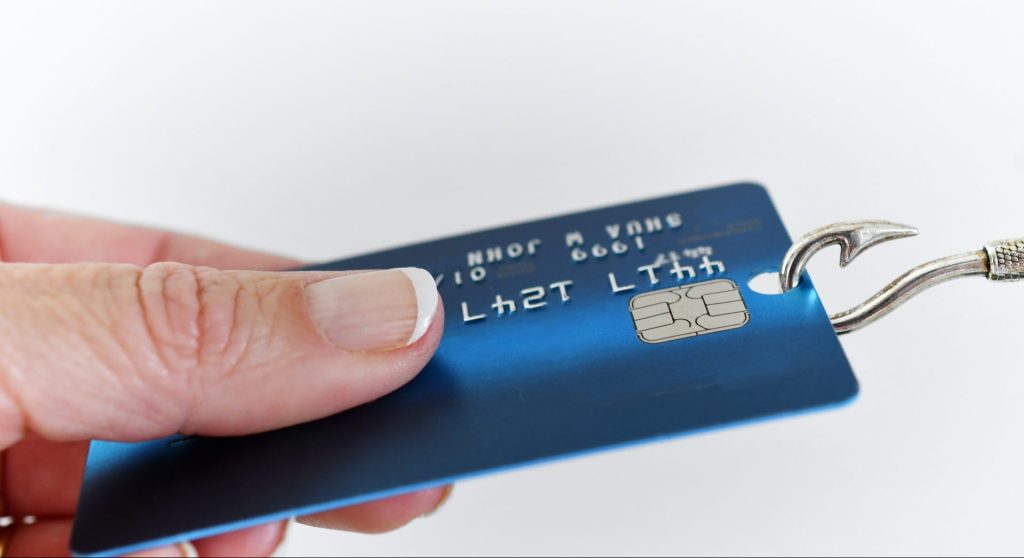The federal RICO Act, also known as the Racketeer-Influenced and Corrupt Organization Act, prohibits racketeering and other conspiratorial activities in the United States. Enacted to help combat organized crime, this Act has severe penalties for all those found guilty. Florida also has a similar RICO Act to combat the problem of racketeering within the state. But what exactly are racketeering charges?
Florida RICO Act
Like its federal counterpart, the Florida RICO Act makes it a criminal offense to commit any form of racketeering activity. Enshrined in the Florida Statutes Title XLVI. 895.03, racketeering can be defined as the act of committing, an attempt to conspire, or coerce, solicit or intimidate another individual to commit:
- “Any crime that is chargeable by petition, indictment, or information,” as detailed in the Florida legal statutes, or
- Any conduct which is classified as racketeering activity under the federal RICO Act.
The Florida RICO Act states that it is a felony to commit racketeering offenses, and specifically prohibits the following actions:
- Using any proceeds earned from racketeering activity to acquire or obtain any interest in real estate or property, if there is proof of criminal intent behind the receiving of these proceeds.
- Acquiring or obtaining any real estate or property interests through the collection of an unlawful debt.
- Being involved with, or employed by, an organization that engages in a pattern of racketeering or the collection of an unlawful debt.
- Attempts or conspiring to commit any of the previously listed crimes.
One of the key aspects in RICO offenses is the proof of a pattern of racketeering occurring. A pattern of racketeering can be defined as a minimum of two incidents which are defined as racketeering under RICO law. These incidents must not be isolated, must share distinguishing characteristics which are interrelated, and one such incident must have occurred after October 1st, 1997, the effective date for the RICO statute.
Penalties for Violations of the RICO Act
Under Florida law, a violation of the RICO Act is considered a first-degree felony charge, with a possible punishment of up to 30 years in prison, as well as a fine of up to $10,000. In lieu of the $10,000 fine, the guilty party may also be sentenced to a fine of three times the amount of damages determined by the court. These fines are usually applicable where the individual convicted committed racketeering offenses in which they derived pecuniary value (money, property or services), or if the convicted person caused property damage or loss or inflicted personal injury upon their victim.
Charged with Racketeering? You Need the Best Defense Lawyer in South Florida
If you are arrested and charged with violations under Florida or federal RICO Acts, you need an experienced and knowledgeable criminal defense attorney who will fight for your rights.
Chad Piotrowski has an extensive background in aggressively defending his clients from charges ranging from marijuana possession to armed drug trafficking and murder. A former prosecutor in Miami-Dade County, Chad Piotrowski has the unique ability to anticipate prosecution strategies to help build a solid defense to help obtain the best possible outcome for his clients. Chad is a dogged defender of the rights of his clients who are charged with criminal offenses, including RICO violations.
If you are looking for an experienced and passionate legal defense lawyer who will relentlessly fight for you, call Piotrowski Law today at (305) 204-5000 for your free consultation.



